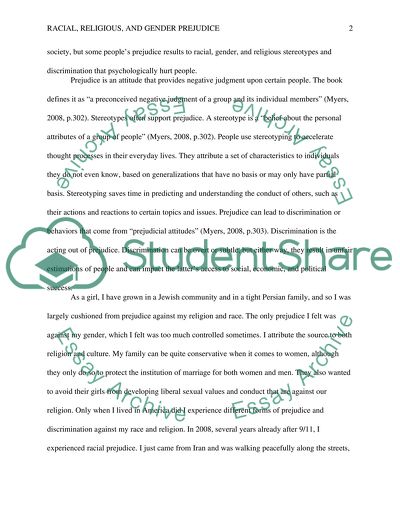Cite this document
(“Racial, Religious, and Gender Prejudice Essay Example | Topics and Well Written Essays - 1000 words”, n.d.)
Retrieved from https://studentshare.org/psychology/1450432-personal-application-essay
Retrieved from https://studentshare.org/psychology/1450432-personal-application-essay
(Racial, Religious, and Gender Prejudice Essay Example | Topics and Well Written Essays - 1000 Words)
https://studentshare.org/psychology/1450432-personal-application-essay.
https://studentshare.org/psychology/1450432-personal-application-essay.
“Racial, Religious, and Gender Prejudice Essay Example | Topics and Well Written Essays - 1000 Words”, n.d. https://studentshare.org/psychology/1450432-personal-application-essay.


